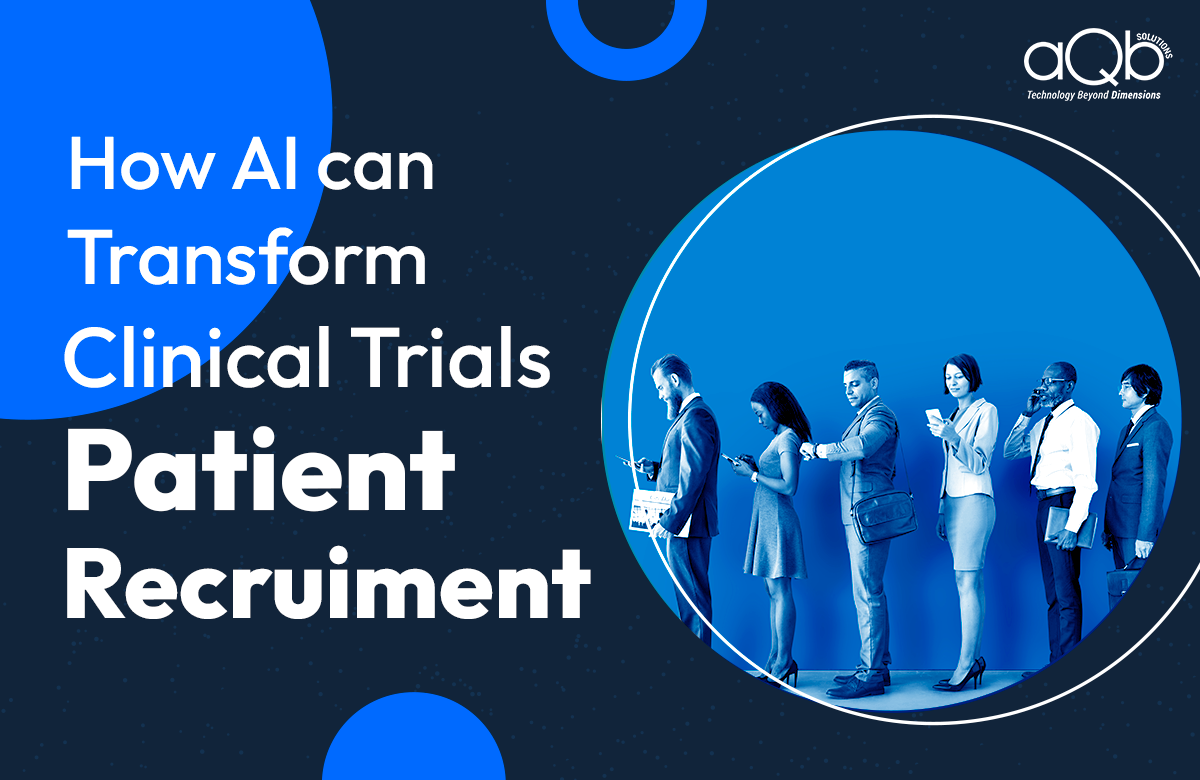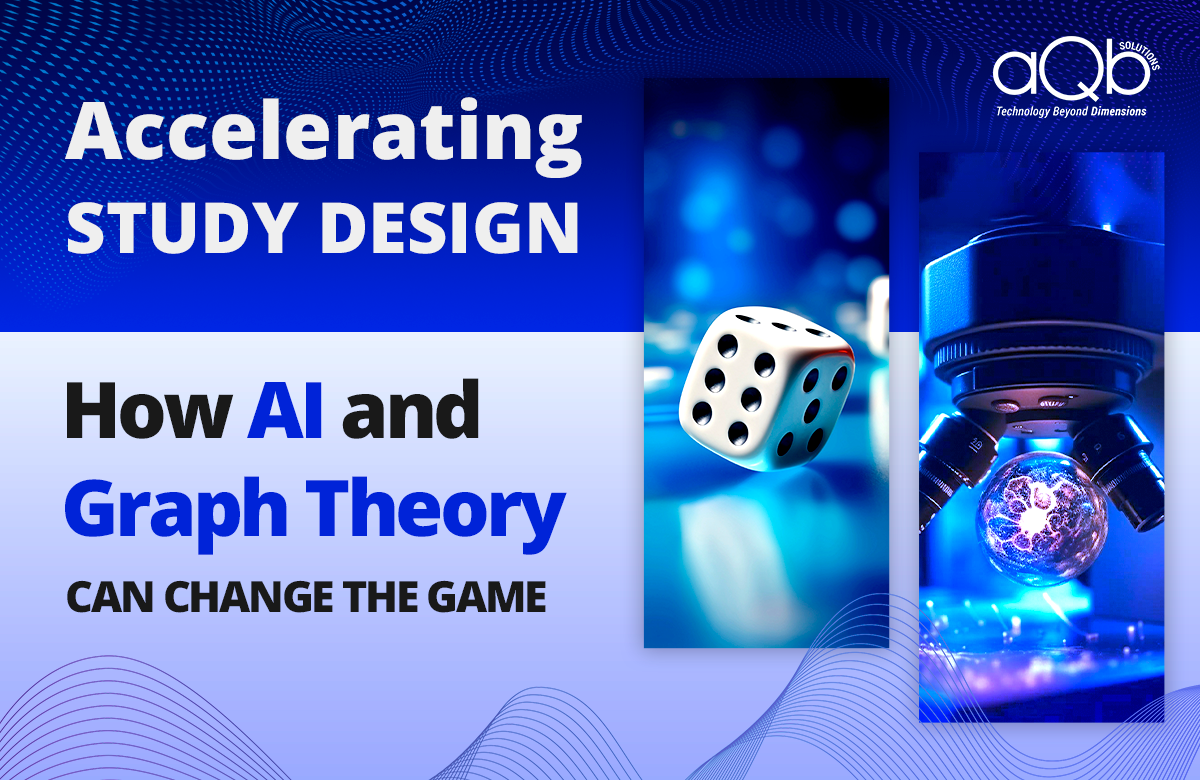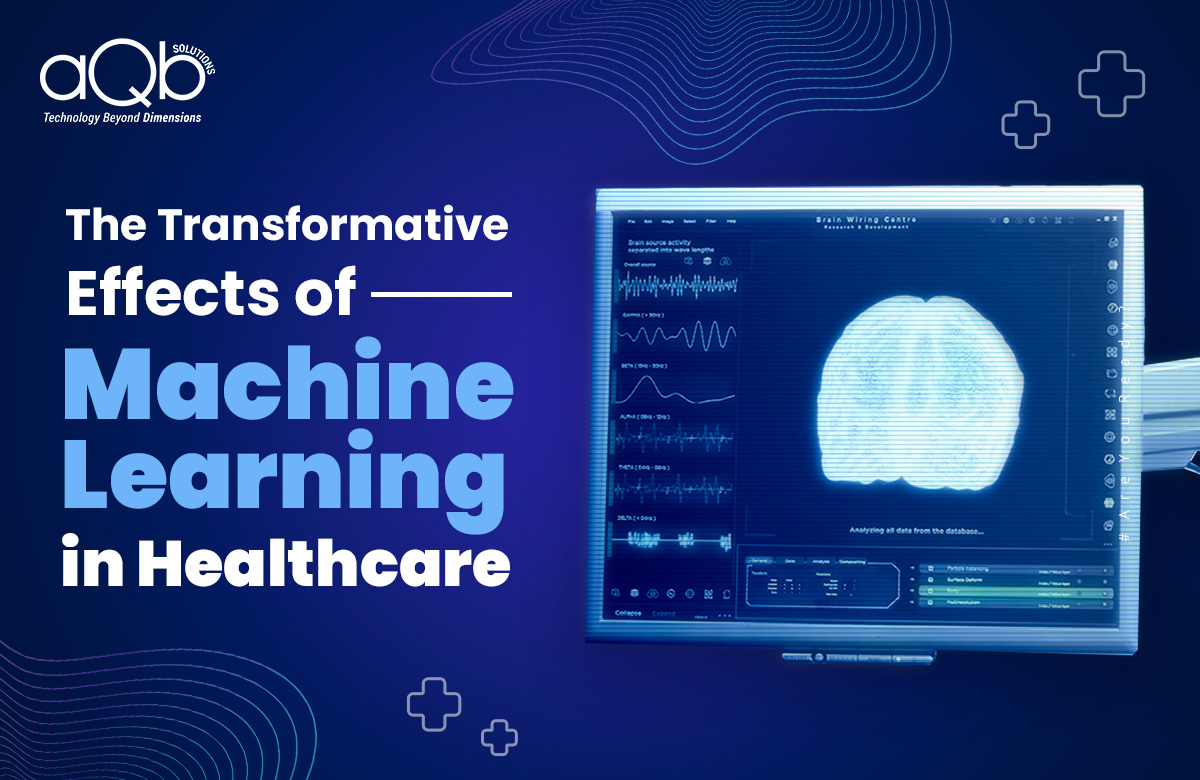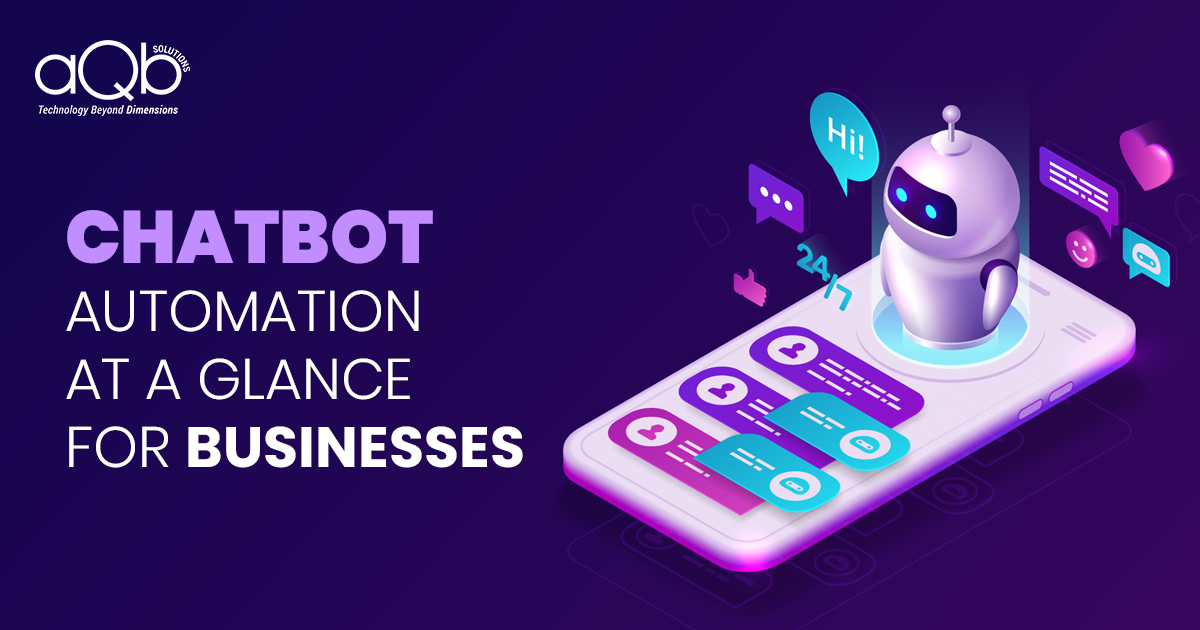Amid the COVID-19 pandemic, clinical research was being carried out not only for COVID-19, but also for conditions unrelated to COVID-19. But patient recruitment for these clinical studies saw a drop due to several issues. These included prioritization of research on COVID-19, social distancing needs, and redeployment of clinical research staff. In 2020, almost 90% of non-commercial research in the National Institute of Healthcare Research was paused.
This is a black swan event in the realm of clinical research. But there are too many instances of clinical research facing patient recruitment problems!
As a matter of fact, patient recruitment makes one of the most difficult challenges for research teams. It’s also the most time-consuming aspect of a clinical trial, and takes up to one-third of the clinical study duration. Low rates of patient enrollment in clinical studies contribute to costly delays and hinder medical innovation.
According to research, over a decade back, 11% of clinical trials were unable to enroll even a single patient. 37% of trials recruited an inadequate number of patients.
Every clinical research team knows that the initial phase of patient recruitment and population selection has a pivotal role to play in the success of clinical trials. And, if clinical trial recruitment is not fast and successful, the result may be trial failure.
Well, artificial intelligence can prove to be a solution here.
Artificial intelligence has the power to speed up the patient recruitment process by analyzing medical records in hospitals and informing clinicians as well as patients about opportunities of clinical trials. Using AI in patient recruitment can even simplify the often complex entry criteria, making it more presentable to prospective participants.
AI can go through massive volumes of medical health records and produce data that can help in finding eligible participants for clinical trials.
Another exciting capability of AI in patient recruitment is that it can analyze social media content. We can leverage AI to sift through online forums where patients converse about their conditions. Using the information exchanged, AI can identify if there are specific regions where there’s more prevalence of a medical condition. Such an approach can assist clinical trial organizers to accelerate cohort identification. This would further help in more effective design of clinical trials.
Here’s an interesting account of how using AI in patient recruitment helps.
The researchers at New York-based Mount Sinai Medical Center employed a topological data analysis (TDA) for finding three subgroups in type 2 diabetes by analysis of genotype data and EHRs. Through the TDA, researchers obtained patterns of disease comorbidities and clinical characteristics. These patters further offered insights on how particular patients would respond in a clinical trial or to a specific medication.
Here’s another noteworthy success story.
A group of Stanford researchers, led by James Zou – a biomedical data science professor – built an AI model, Trial Pathfinder. The model is aimed at helping researchers expand the eligibility criteria for clinical trials with no compromise with the safety of participants.
The model, after analyzing some completed clinical trials, assesses how adjusting the participation criteria, like thresholds for lymphocyte counts and blood pressure, affects hazard ratios, i.e., rates of negative events like death or serious illness among patients.
In a study, it was applied to clinical drug trials for a type of lung cancer. It was revealed that if the criteria was adjusted as per the suggestions of Trial Pathfinder, the number of eligible participants would have doubled without any increase in the hazard ratio.
The study highlighted that the model also worked for other cancer types and lowered adverse outcomes as it made sicker patients, who could gain more from the drugs, eligible for treatment.
Several leading firms like AstraZeneca, Genentech, and Roche are using Trial Pathfinder.
There are thousands of brilliant clinical research teams across the world, dedicated to bringing better health outcomes and improving patients’ lives. They are giving their toil and sweat to clinical research. But it’s unfortunate that their efforts often don’t yield the right results due to problems in patient recruitment.
AI can serve as a powerful tool and a great help to these researchers. It can facilitate fast patient recruitment, and help clinical trials move seamlessly on the right track. With the field of AI constantly evolving, it can truly help in the innovation of novel drugs and therapies, playing a pivotal role in improving people’s lives globally.




